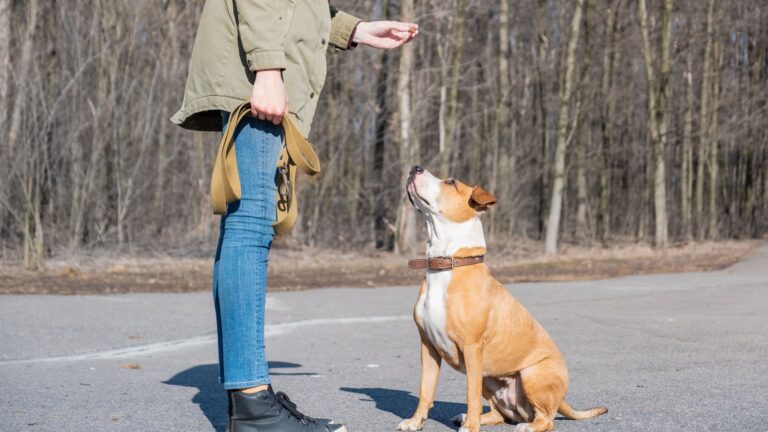Understanding and Managing Dog Aggression: Behavior Modification and Management

At Progressive Canines, we believe that every dog, regardless of its past, can learn new, positive behaviors. Retraining a dog that has already been trained can be challenging, but with the right approach, it’s entirely possible. Whether you’re dealing with a dog that has picked up some bad habits or you simply want to reinforce good behaviors, our expert trainers are here to guide you through the process.
Understanding the Need for Retraining
There are several reasons why a previously trained dog might need retraining:
Behavioral Issues: Dogs might develop unwanted behaviors over time due to various factors such as changes in their environment, health issues, or lack of consistent training.
New Expectations: As a dog’s role in the household changes, so might the expectations for their behavior. For example, a dog might need to adapt from being a family pet to a service animal.
Reinforcement of Training: Continuous reinforcement ensures that good behaviors are maintained throughout the dog’s life
Steps to Retrain Your Dog
Assessment and Goal Setting
- Evaluate the current behaviors of your dog.
- Identify specific behaviors that need to be changed or reinforced.
- Set clear, achievable goals for retraining.
Consistency is Key
- Ensure that all family members are on the same page regarding the retraining
process. - Consistent commands, rewards, and corrections are crucial for effective
retraining
Positive Reinforcement
- Reward good behavior immediately to reinforce the connection between the
behavior and the reward. - Use treats, praise, and playtime as rewards.
Redirecting Bad Behaviors
- Instead of punishing bad behavior, redirect your dog’s attention to a more
appropriate behavior. - For example, if your dog is chewing on furniture, provide them with a chew toy
instead.
Gradual Training Sessions
- Keep training sessions short and fun to avoid overwhelming your dog.
- Gradually increase the duration and complexity of the training sessions as your
dog progresses
Patience and Persistence
- Retraining takes time and patience. Be persistent and do not get discouraged by
setbacks. - Celebrate small victories to stay motivated.
Common Training Challenges and Solutions
- Distractions: Train in a quiet environment initially, then gradually introduce distractions
as your dog becomes more proficient. - Stubbornness: Use high-value treats and ensure that training sessions are engaging.
- Anxiety or Fear: Address underlying anxiety or fear with the help of a professional
trainer or behaviorist.
The Role of Professional Trainers
At Progressive Canines, our professional trainers have extensive experience in retraining dogs for good behaviors. We offer personalized training programs tailored to meet the unique needs of each dog. Our approach is based on positive reinforcement, patience, and consistency, ensuring that your dog learns and retains new, positive behaviors.
Retraining a trained dog for good behaviors is a journey that requires dedication and the right approach. At Progressive Canines, we are committed to helping you and your dog achieve success. With our expert guidance, you can transform your dog’s behavior and strengthen the bond you share. If you’re ready to embark on this rewarding journey, contact us today to learn more about our retraining programs.
